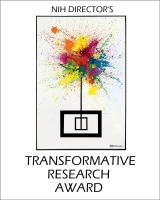2016 Awardees
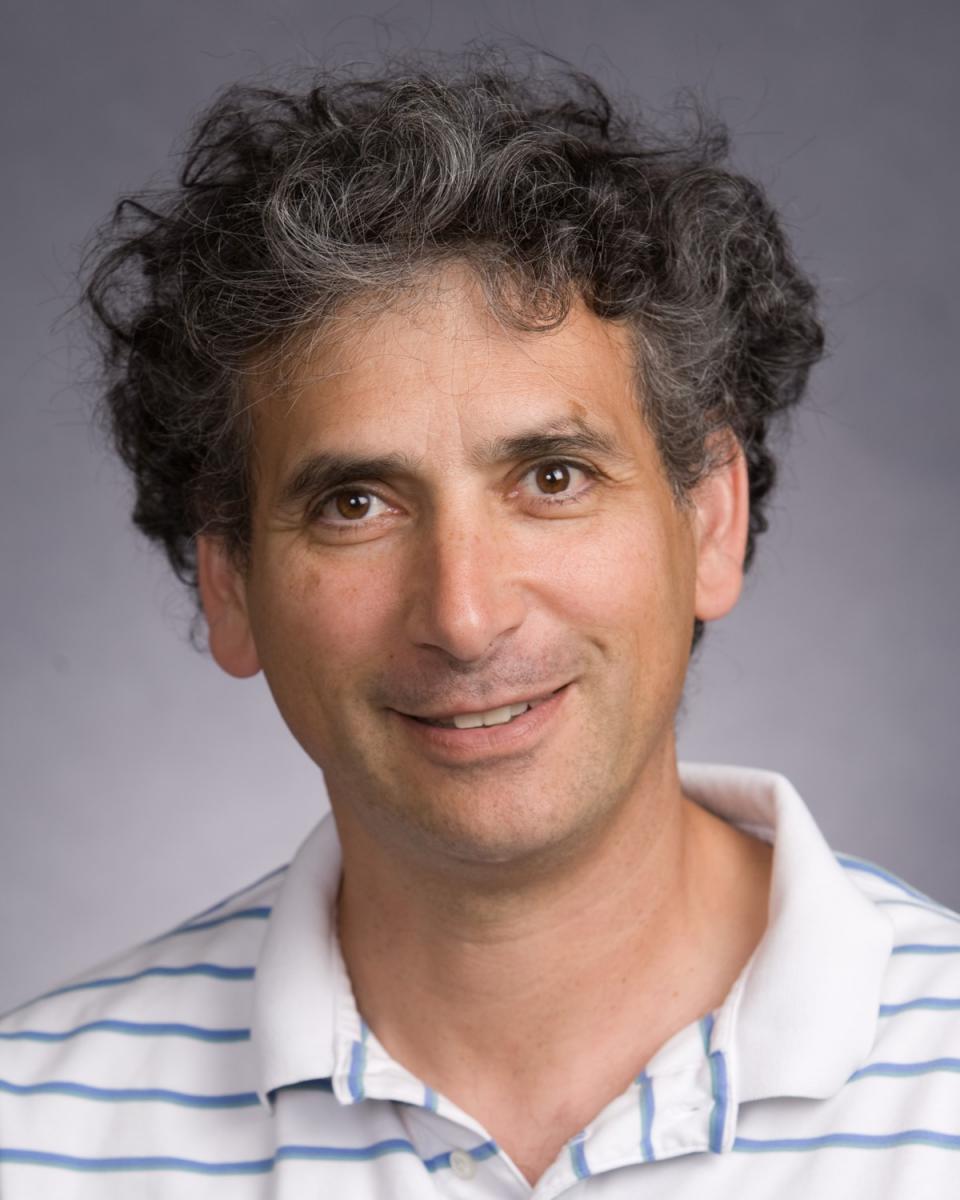
Ethan Bier, Ph.D.
University of California, San Diego
Project Title: Mutagenic Chain Reaction-Facilitated Immunotherapy
Grant ID: R01-AI131081
Ethan Bier is a professor in the section of Cell and Developmental Biology at UC San Diego. There are three interactive areas of ongoing research in the Bier lab: 1) active genetics, 2) human disease mechanisms, and 3) morphogen based developmental patterning. Professor Bier graduated Phi Beta Kappa as a Regents Scholar from UCSD in 1978 with degrees in Biology and Mathematics. He received his Ph.D. from Harvard Medical School where he studied regulation of immune genes in Dr. Allan Maxam’s laboratory from 1978-1985. He did his postdoctoral studies on development of the nervous system at UCSD with Drs. Lily and Yuh Nung Jan (1985-90) and then assumed a faculty position at UCSD in 1990. He is an Alfred P. Sloan and Basil O’Connor Scholar and an Allen Distinguished Investigator.

Amit Choudhary, Ph.D.
The Broad Institute | Harvard Medical School | Brigham and Women’s Hospital
Project Title: Leveraging Snakes Extreme Physiology to Modulate Human Beta-Cell Function
Grant ID: R01-DK113597
MPIs: Stephen M. Secor, Ph.D. and Bridget K. Wagner, Ph.D.
Amit Choudhary is an Assistant Professor of Medicine at Harvard Medical School and an Associate Biologist at Brigham and Women’s Hospital. He performed his pre-doctoral studies in Chemistry at Indian Institute of Science in Bangalore and doctoral studies in Biophysics with Prof. Ronald Raines at the University of Wisconsin-Madison, where he elucidated a new force that is akin to the hydrogen bond in its quantum mechanical origin and widespread prevalence. In 2011, he was appointed a Junior Fellow of the Harvard Society of Fellows and was hosted by Prof. Stuart Schreiber at the Broad Institute. There, he shifted his research focus to beta-cell chemical biology and was named a Career Awardee at the Scientific Interface by the Burroughs Wellcome Fund. His independent laboratory develops chemical technologies and studies exceptional organisms that survive conditions considered pathological to humans.

George M. Church, Ph.D.
Harvard University | Harvard Medical School | Massachusetts Institute of Technology
Project Title: Exploring a Novel Paradigm of Schizophrenia and Bipolar Disorder
Grant ID: R01-MH113279
MPI: Bruce E. Yankner, M.D., Ph.D.
George M. Church is a molecular engineer and chemist, and a professor of genetics at Harvard Medical School. He is the principal investigator at the Center for Genomically Engineered Organs and a member of the Broad Institute and the Wyss Institute of Biologically Inspired Engineering. Church is currently working on a project that seeks to replace the natural human genome in a human cell with a synthetic genome. In 2011, he was elected to the National Academy of Sciences.
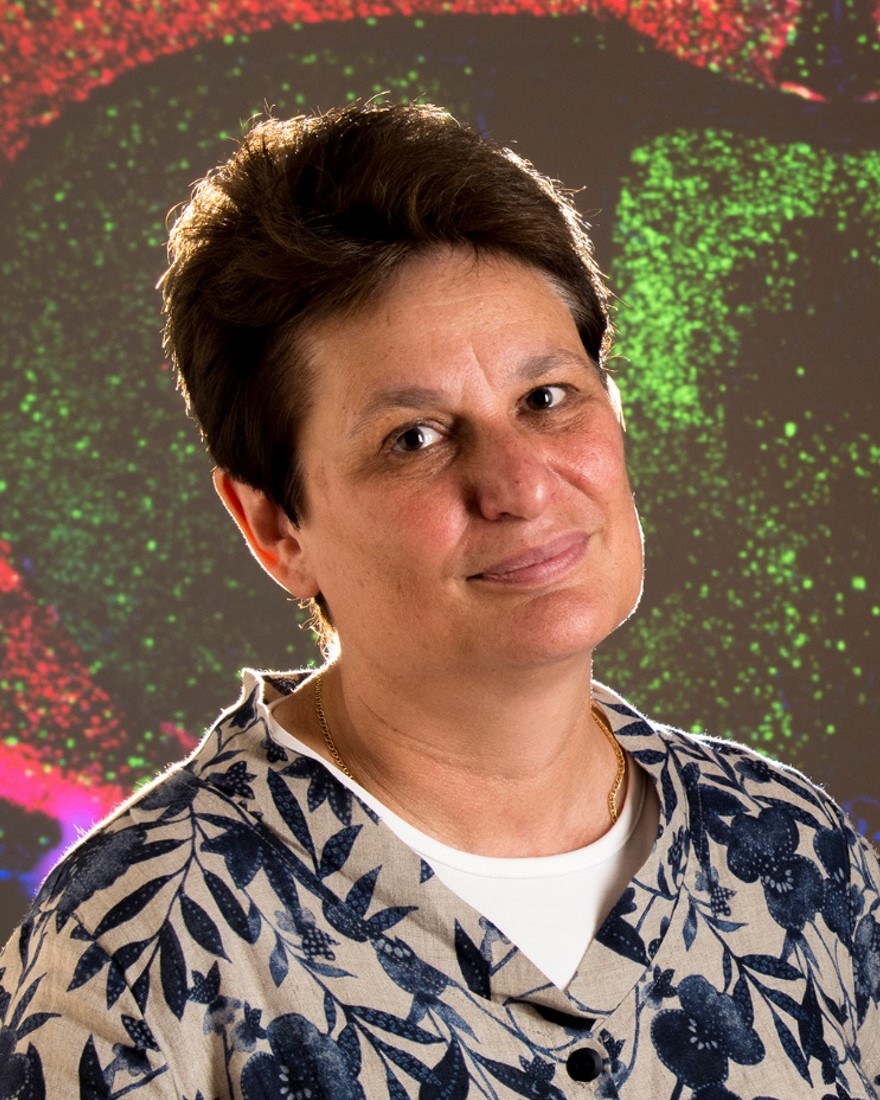
Catherine Dulac, Ph.D.
Harvard University, Howard Hughes Medical Institute
Project Title: In Situ Transcriptome Imaging in Single Cells
Grant ID: R01-MH113094
MPI: Xiaowei Zhuang, Ph.D.
Catherine Dulac is a Howard Hughes Medical Institute Investigator, and Higgins Professor of Molecular and Cellular Biology at Harvard University. Her work explores how neural circuits underlie instinctive social behaviors in mice, and the nature and function of genomic imprinting in the adult and developing brain. She grew up in Montpellier, France, graduated from the Ecole Normale Supérieure, Paris, and received her PhD from the University of Paris VI. She was a postdoctoral fellow at Columbia University and joined the faculty of Harvard in 1996 as a junior faculty, before becoming full professor in 2001, and Chair of Harvard's Department of Molecular and Cellular Biology from 2007 until 2013. She is a Chevalier de la Légion d’Honneur, and member of the US National Academy of Sciences, the French Academy of Sciences, a fellow of the American Academy of Arts and Sciences, and a recipient of the Liliane Bettencourt Prize, and the National Academy’s Richard Lounsbery and Pradel Research Awards.
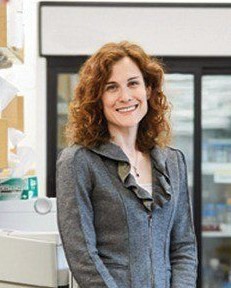
Wendy S. Garrett, M.D., Ph.D.
Harvard T.H. Chan School of Public Health, Dana-Farber Cancer Institute, Harvard Medical School, and the Broad Institute of Harvard and MIT
Project Title: Designer Probiotics for the Treatment of Intestinal Infection and Inflammation
Grant ID: R01-DK113599
MPIs: John M. Leong, M.D., Ph.D. and Cammie F. Lesser, M.D., Ph.D.
Dr. Wendy Garrett is the Melvin J. and Geraldine L. Glimcher Associate Professor of Immunology and Infectious Diseases at the Harvard T.H. Chan School of Public Health. Dr. Garrett was educated at Yale where she obtained her undergraduate, MD and PhD degrees and completed her post-graduation medical and research fellowships at Brigham and Women’s Hospital, Harvard, and Dana-Farber Cancer Institute where she is a practicing medical oncologist. The Garrett Lab studies mucosal immunology and the gut microbiota to address key questions relevant to the pathophysiology of both inflammatory bowel disease (IBD) and colorectal cancer (CRC). By unraveling the functional interactions between host immunity and the microbiota in colitis and the tumor microenvironment, her lab hopes to gain new perspective on the prevention and treatment of IBD and CRC.
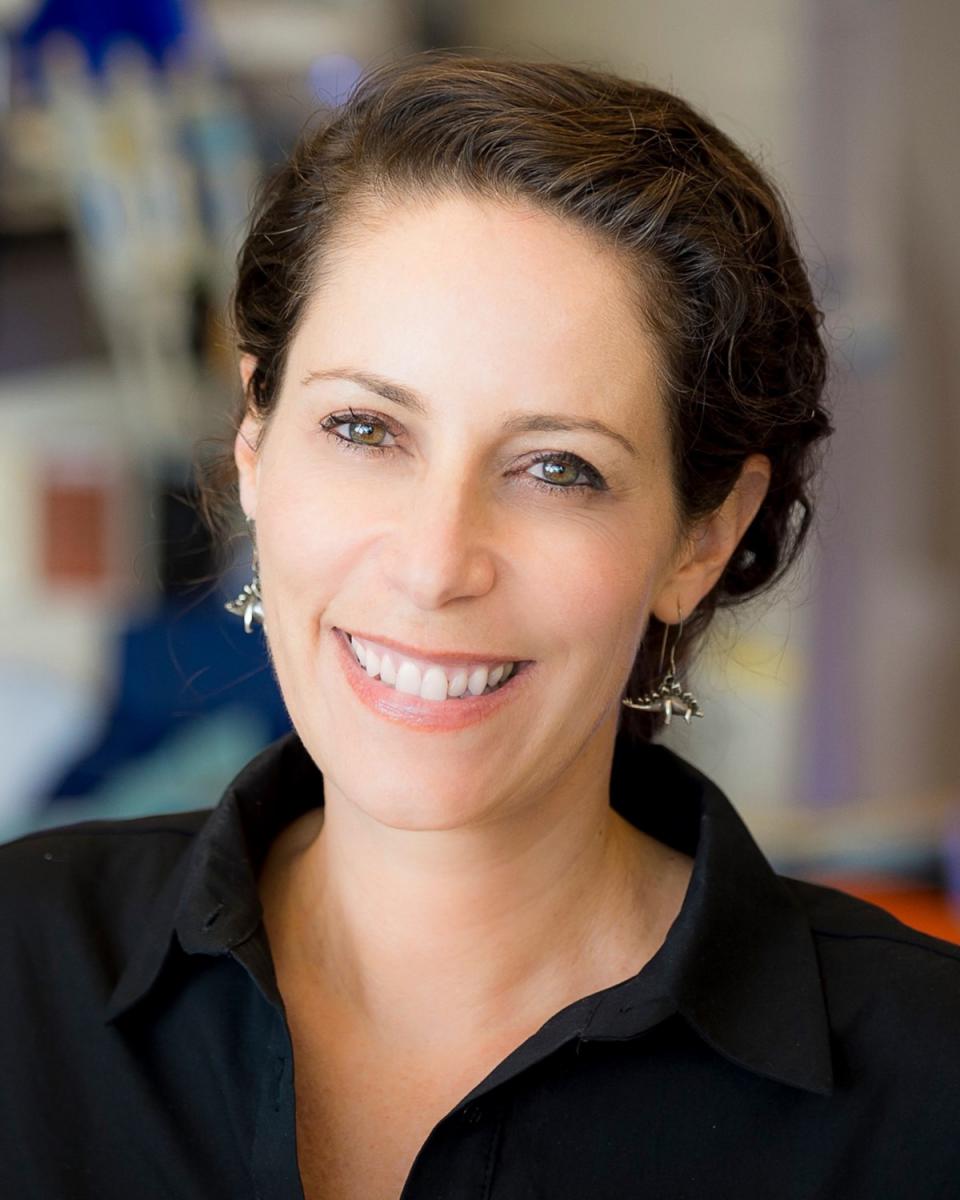
Ananda W. Goldrath, Ph.D.
UC San Diego
Project Title: Mutagenic Chain Reaction-Facilitated Immunotherapy
Grant ID: R01-AI131081
MPI: Stephen M. Hedrick, Ph.D.
Ananda Goldrath is a Professor of Molecular Biology in the Division of Biology at the University of California, San Diego where she joined the faculty in 2004. She trained with Professor Michael Bevan in the Department of Immunology at the University of Washington for her graduate studies and Professors Diane Mathis and Christophe Benoit at the Joslin Diabetes Center and Harvard Medical School for her postdoctoral studies. Dr. Goldrath’s research focuses on investigating new ways to induce the immune system to provide protection from infections and eradicate malignancies. Her work has contributed to the understanding of transcriptional regulation of T cell activation, differentiation and homeostasis. Dr. Goldrath is a recipient of the Pew Scholar and Leukemia and Lymphoma Society Scholar awards.

Stephen M. Hedrick, Ph.D.
University of California, San Diego
Project Title: Mutagenic Chain Reaction-Facilitated Immunotherapy
Grant ID: R01-AI131081
MPI: Ananda W. Goldrath, Ph.D.
Steve Hedrick received his doctorate at UC Irvine working with James Watson on the genetics of T cell-dependent immune responses. With a focus on T cell antigen recognition, he joined the Laboratory of Immunology at the NIH, and characterized the specificity of cloned T cells; with Mark Davis, Dr. Hedrick cloned and characterized the beta- chain of the T cell antigen receptor. He joined the Department of Biology at UC San Diego in 1983, and advanced through the ranks serving as Chair of Biology in 1996-1998 and Chair of the reorganized Molecular Biology Section 2007-2012. He is a Distinguished Professor, and holds the Chancellor’s Associates Chair in the Biological Sciences. Dr. Hedrick’s research has progressed from studies on T cell development to understanding the co-evolution of host-pathogen interactions. The focus of this Transformative Grant recalls his long interest in T cell antigen recognition, and proposes novel genetic approaches to reprogramming T cells for use in cancer immunotherapy.
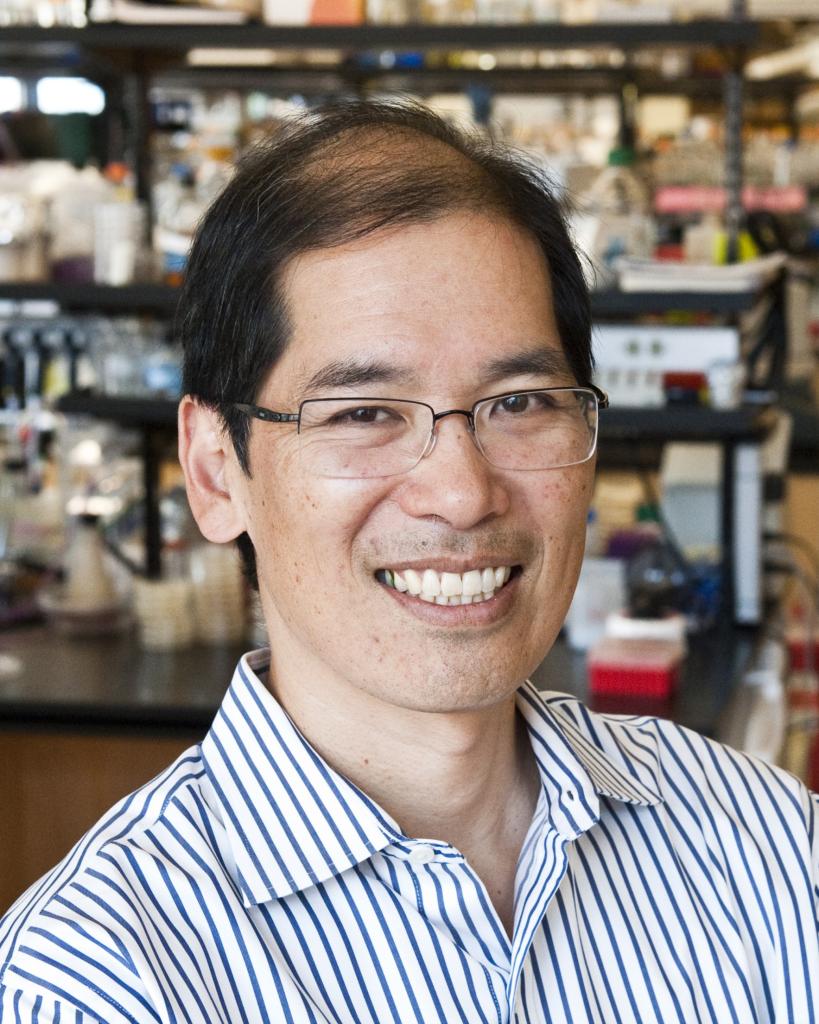
John M Leong, M.D., Ph.D.
Tufts University School of Medicine
Project Title: Designer Probiotics for the Treatment of Intestinal Infection and Inflammation
Grant ID: R01-DK113599
MPIs: Wendy S. Garrett, M.D., Ph.D. and Cammie F. Lesser, M.D., Ph.D.
John Leong received his M.D/Ph.D. from Brown University in 1987 and performed his postdoctoral fellowship with Dr. Ralph Isberg at Tufts University School of Medicine. After taking his first faculty position at Tufts Medical Center in 1990, he moved to University of Massachusetts Medical School Department of Molecular Genetics and Microbiology in 1995. In 2011, he moved back to Tufts University to chair of the Department of Molecular Biology and Microbiology the School of Medicine and is currently the Edith Rieva and Hyman S. Trilling Professor. His general interest is the interaction of bacterial pathogens with host cells, and directs projects on the Lyme disease spirochete Borrelia burgdorferi, and the respiratory pathogen Streptococcus pneumoniae and the diarrheagenic pathogen enterohemorrhagic Escherichia coli (EHEC). Recently, he developed a murine model for EHEC infection that will be utilized to test the efficacy of designer probiotics to prevent lethal disease.
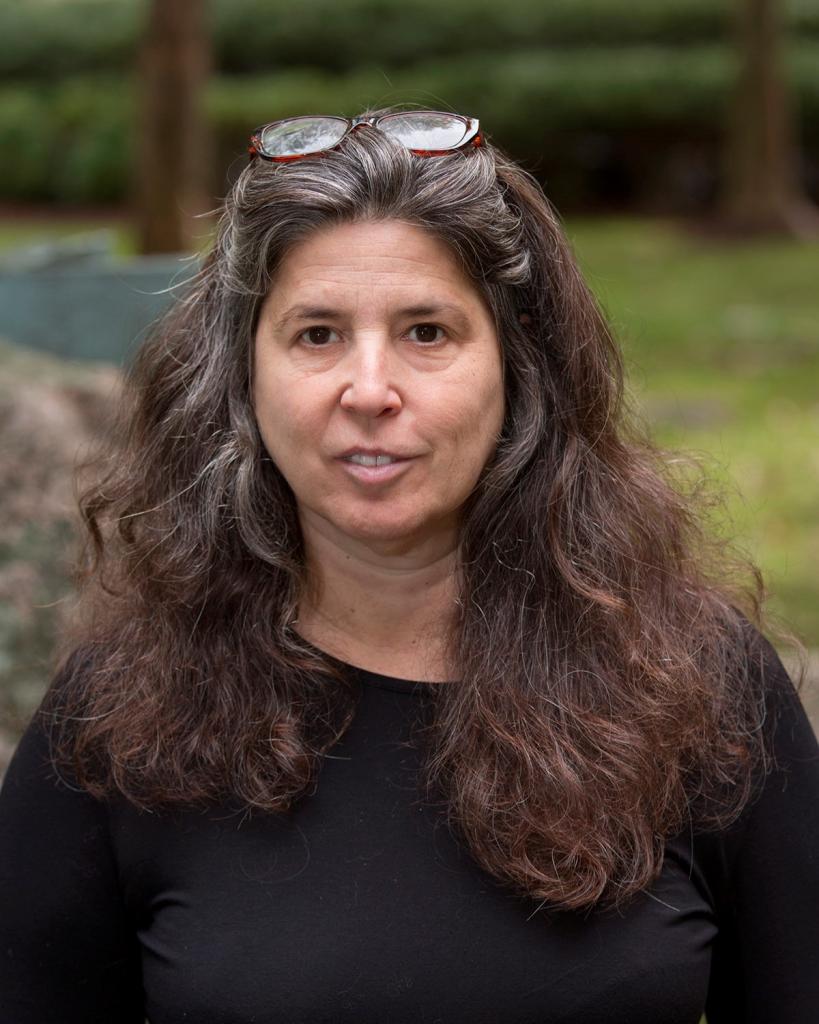
Cammie F. Lesser, M.D., Ph.D.
Massachusetts General Hospital/Harvard Medical School
Project Title: Designer Probiotics for the Treatment of Intestinal Infection and Inflammation
Grant ID: R01-DK113599
MPIs: Wendy S. Garrett, M.D., Ph.D. and John M. Leong, M.D., Ph.D.
Dr. Cammie Lesser is an Associate Professor of Medicine (Microbiology & Immunobiology) at Harvard Medical School and the d’Arbeloff Massachusetts General Hospital Research Scholar. She is also an attending physician in the Infectious Diseases Division at MGH. Dr. Lesser began her research training as an undergraduate student at Brown University in the lab of Dr. Art Landy and completed her MD and PhD training at UCSF where she conducted her graduate studies in Dr. Christine Guthrie’s lab. She then continued her clinical training in Internal Medicine and Infectious Diseases and her post-doctoral research in Dr. Sam Miller’s lab both at the University of Washington. Her laboratory studies type III secretion systems, transkingdom protein delivery systems, common to many Gram-negative pathogenic bacteria.
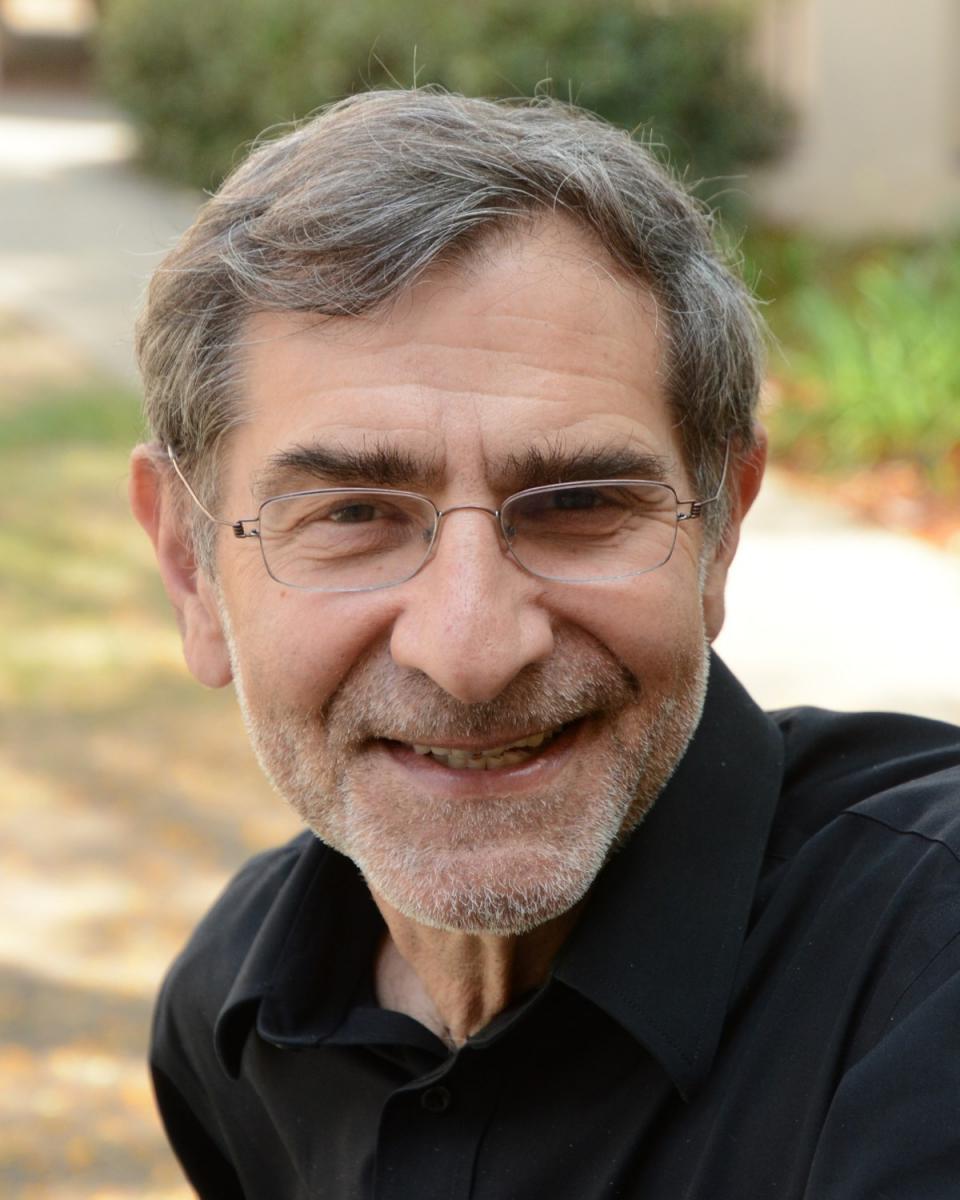
Henry A. Lester, Ph.D.
California Institute of Technology
Project Title: Fluorescent Biosensors for Subcellular Pharmacokinetics
Grant ID: R01-GM123582
Henry A. Lester has spent his entire professorial career at Caltech and now serves as Bren Professor of Biology and Biological Engineering, and also as Visiting Scientist at the Janelia Research Campus. Lester received his undergraduate education in chemistry and physics from Harvard, Ph. D. training in biophysics at the Rockefeller University, and his postdoctoral research experience with Jean-Pierre Changeux at the Institut Pasteur. Always fascinated by the actions of drugs on the ion channels, receptors, and transporters of excitable cells, Lester helped to explore “inside-out” neuropharmacology, in which nicotine-receptor interactions in the endoplasmic reticulum underlie the chronic actions of nicotine. His Transformative Award seeks to test “inside-out” concepts for psychiatric drugs and other addictive drugs, employing genetically encoded fluorescent biosensors within cells. Lester has over 330 publications and nine US patents; served as Chair of the Caltech faculty and as President of the Biophysical Society; and participates on the California Council for Science and Technology.
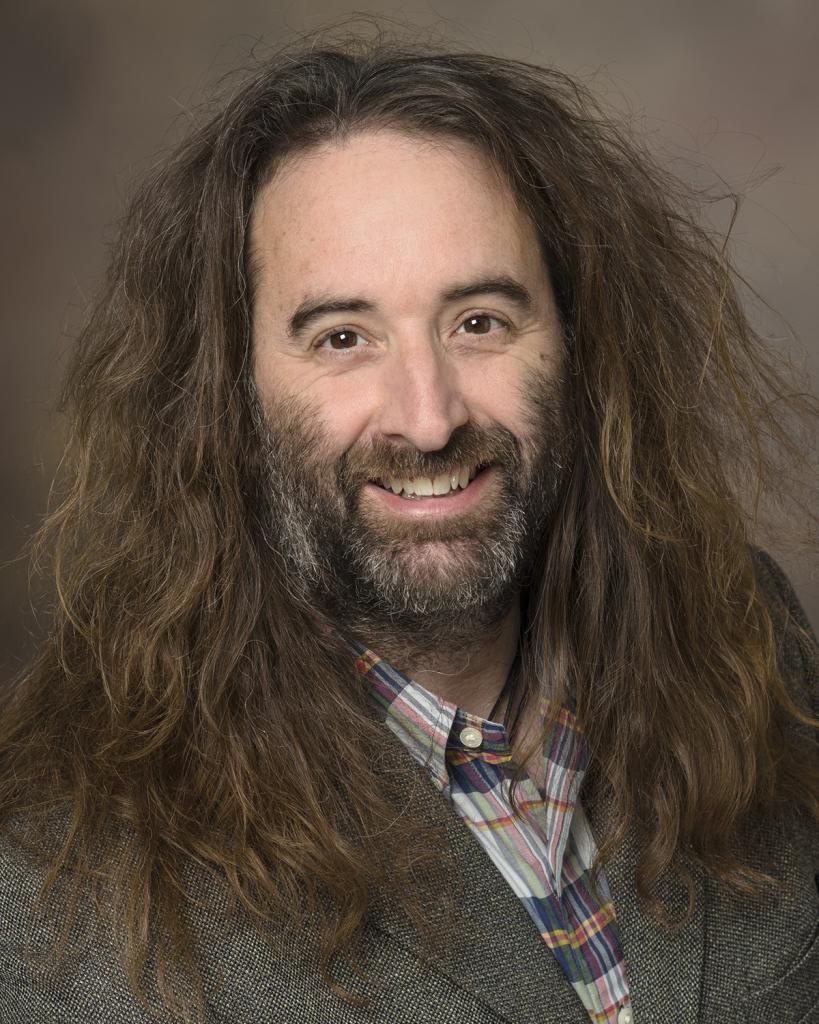
Keith Andrew Maggert, Ph.D.
University of Arizona College of Medicine
Project Title: Induced Transgenerational Inheritance Without Epigenetics
Grant ID: R01-GM123640
Dr. Maggert is an Associate Professor of Cellular and Molecular Medicine at the Univeristy of Arizona, and Research Member in the University of Arizona Cancer Center. He earned his B.Sc. in Biochemistry and Molecular Biology at the University of California Santa Cruz in 1992, and his Ph.D. in Biology in 2000 at the Univeristy of California San Diego in the laboratory of Dr. Gary H. Karpen, where he studied the epigenetics of centromere identity. His postdoctoral research investigating the genetic properties of heterochromatin was performed wth Dr. Kent G. Golic at the Univeristy of Utah. Dr. Maggert’s current work focuses on heterochromatin biology and epigenetic silencing in the fruit fly Drosophila and in humans, focusing on repeat gene regulation and instability. He moved to the Univeristy of Arizona from Texas A&M University in 2015.

James H. Morrissey, Ph.D.
University of Illinois at Urbana-Champaign
Project Title: Toolkit for High-Resolution Structure and Dynamics of Functional Lipids
Grant ID: R01-GM123455
MPIs: Chad M. Rienstra, Ph.D. and Emad Tajkhorshid, Ph.D.
Jim Morrissey is the Roy & Eva Hong Professor of Molecular & Cellular Biology in the Department of Biochemistry at the University of Illinois at Urbana-Champaign. He received his Ph.D. from the University of California at San Diego and did postdoctoral research at the University of Oxford, UK, and the Scripps Research Foundation in California. His research centers on investigating biochemical mechanisms that regulate the blood clotting system in normal hemostasis and thrombotic diseases—work that has led to a number of diagnostic and potential therapeutic discoveries. A particular goal of this work is a detailed understanding of protein-membrane interactions that govern blood clotting reactions. Achieving this goal will require the development of new methods for probing the structures and dynamics of membrane lipids at atomic resolution.
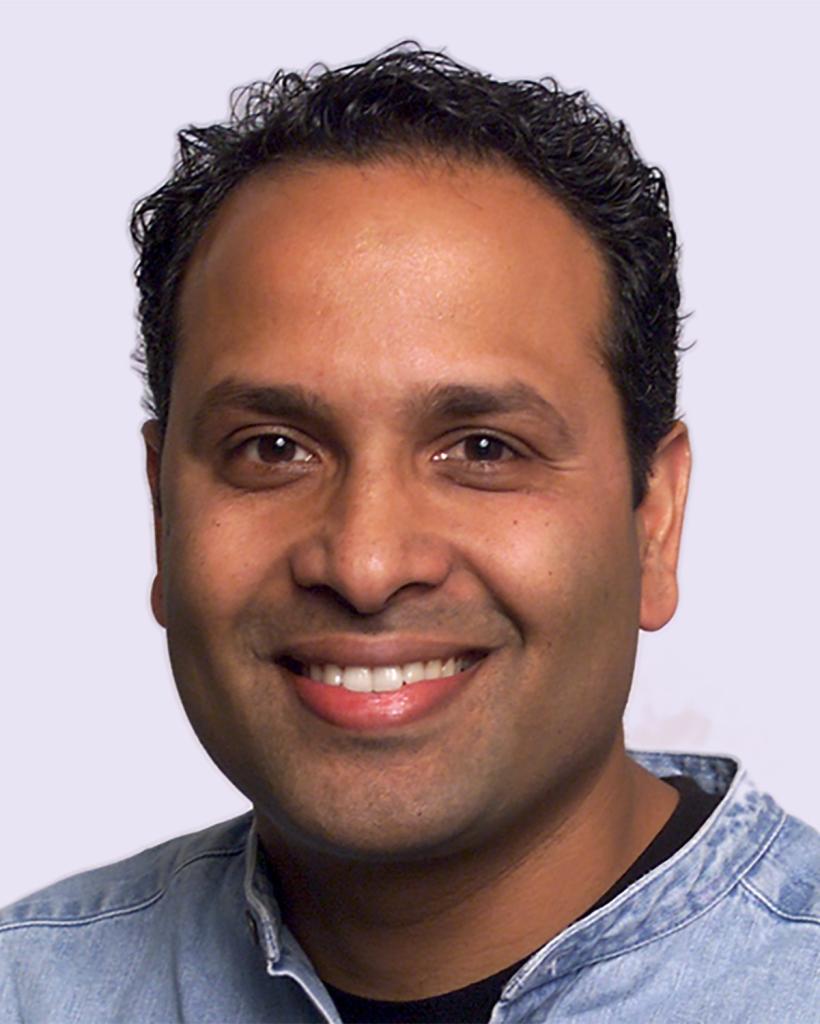
Rama Ranganathan, M.D., Ph.D.
UT Southwestern Medical Center
Project Title: Seeing Protein Mechanics: The Link Between Molecular Structure, Function, and Evolution
Grant ID: R01-GM123456
Rama Ranganathan received his B.S. in Bioengineering from UC Berkeley and his M.D. and Ph.D. degrees from UC San Diego. He holds the position of Professor and founding Director of the Green Center for Systems Biology at UT Southwestern Medical Center with secondary appointments in the Departments of Biophysics and Pharmacology. He also holds the Cecil H. and Ida Green Chair in Biomedical Science and the Lyda Hill Endowment for Systems Biology. The Ranganathan laboratory focuses on understanding the basic principles of structure, function, and evolvability in biological systems, with particular focus on the atomic and cellular scale. His work has led to new models for the architecture of natural proteins and to new experimental tools for studying the physics and evolution of proteins and cellular systems. Ranganathan’s honors include the Glenn Award for Research, the Outstanding Teacher Award, and the Edith and Peter O’Donnell Award for Basic Science.

Chad M. Rienstra, Ph.D.
University of Illinois at Urbana-Champaign
Project Title: Toolkit for High-Resolution Structure and Dynamics of Functional Lipids
Grant ID: R01-GM123455
MPIs: James H. Morrissey, Ph.D. and Emad Tajkhorshid, Ph.D.
Chad Rienstra is a Professor of Chemistry and Affiliate of Biochemistry and the Center for Biophysics and Quantitative Biology at the University of Illinois at Urbana-Champaign. After earning his B.A. from Macalester College (St. Paul, MN) in 1993, he was a Howard Hughes Medical Institute Predoctoral Fellow with Robert G. Griffin at the Massachusetts Institute of Technology and earned his Ph.D. in 1999, and then studied with Ann E. McDermott at Columbia University as a National Institutes of Health Postdoctoral Fellow. Since joining the faculty at Illinois in 2002, he has developed innovative instrumentation and methodology for magic-angle spinning solid-state nuclear magnetic resonance (SSNMR) spectroscopy, in order to expand its scope to significant biomedical problems, including Parkinson’s disease and fungal infections. In this T-R01 project, Rienstra will develop new and improved multidimensional SSNMR technologies for the study of lipids and spearhead interrelated collaborative efforts to prepare isotopically enriched lipids and to integrate the SSNMR data sets into molecular dynamics simulations. Together these tools will enable atomic resolution insights into how lipid structures and dynamics determine function.
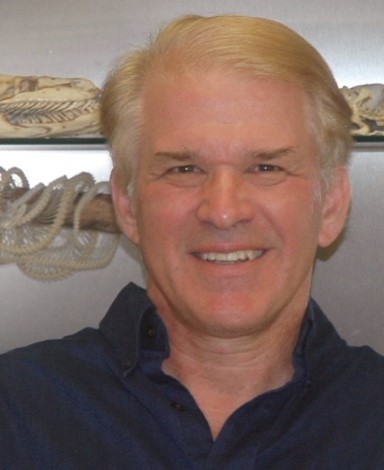
Stephen M. Secor, Ph.D.
University of Alabama
Project Title: Leveraging Snakes Extreme Physiology to Modulate Human Beta-Cell Function
Grant ID: R01-DK113597
MPIs: Amit Choudhary, Ph.D. and Bridget K. Wagner, Ph.D.
Stephen Secor is professor of Biological Sciences at the University of Alabama, Tuscaloosa. His laboratory uses fishes, amphibians, and reptiles to explore the evolutionary and integrative mechanisms underlying adaptive phenotypic responses with a focus on the regulation of GI performance. He received his B.S. from SUNY Environmental Science and Forestry, his M.S. from the University of Oklahoma, and his Ph.D. from UCLA. During his post-doctoral training with Dr. Jared Diamond in the Department of Physiology at UCLA School of Medicine, he developed the Burmese python as a model of extreme physiology. Unmatched in the magnitudes of morphological and physiological responses, the python model is providing valuable insight into the regulatory mechanisms that trigger the rapid enhancement and suppression of cellular form and function.
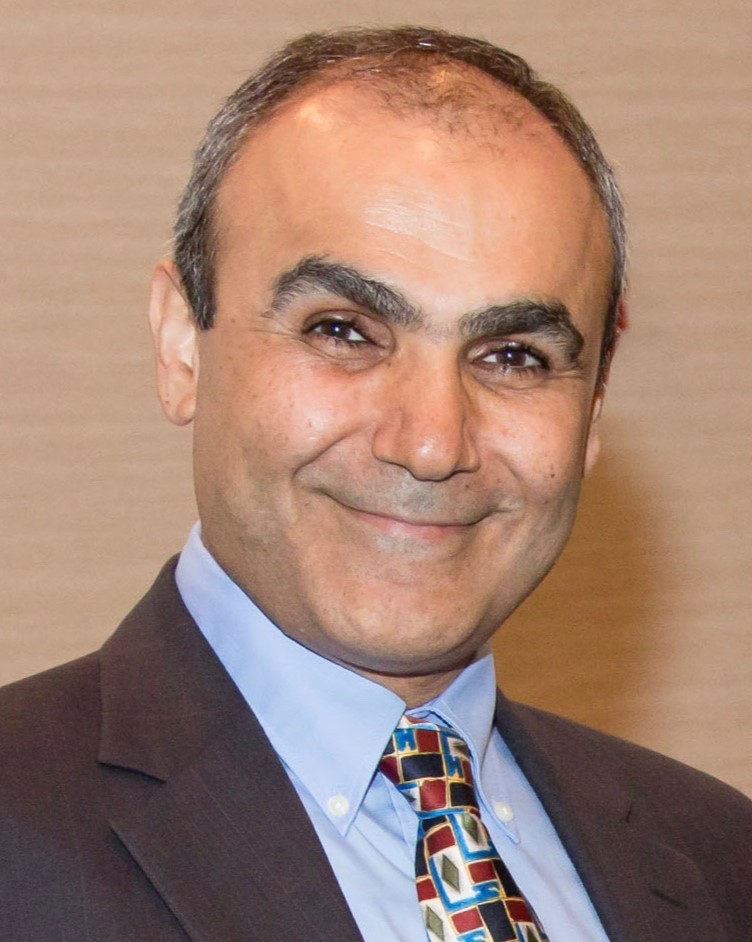
Emad Tajkhorshid, Ph.D.
University of Illinois at Urbana-Champaign
Project Title: Toolkit for High-Resolution Structure and Dynamics of Functional Lipids
Grant ID: R01-GM123455
MPIs: James H. Morrissey, Ph.D. and Chad M. Rienstra, Ph.D.
Emad Tajkhorshid is a professor of Biochemistry, Biophysics, and Computational Biology. He is affiliated with the Department of Biochemistry, Beckman Institute for Advanced Science and Technology, Center for Biophysics and Quantitative Biology, and Computational Science and Engineering at the University of Illinois at Urbana-Champaign. He received his Ph.D. from the University of Heidelberg and did postdoctoral research at Illinois. His research focuses on the development of novel molecular modeling and simulation technologies and employing them to characterize the structural and dynamical bases of function of biomolecular processes. His lab has been at the forefront of computational studies of biological membranes and membrane proteins. Some major areas of research include the mechanism of membrane transport proteins, lipid-dependent binding of peripheral proteins to the surface of the membrane, and application of nanotechnology to biological problems. The computational tools and methodologies contributed by his lab are essential to developing atomic-scale models for specific lipid- protein interactions that control the function of a large array of membrane-associated proteins. He has recently been selected as a University of Illinois Scholar and received a faculty excellence award.

Bridget K. Wagner, Ph.D.
Broad Institute
Project Title: Leveraging Snakes Extreme Physiology to Modulate Human Beta-Cell Function
Grant ID: R01-DK113597
MPIs: Amit Choudhary, Ph. D. and Stephen M. Secor, Ph.D.
Bridget Wagner is the Director of Pancreatic Cell Biology and Metabolic Disease in the Chemical Biology and Therapeutics Science (CBTS) Program at the Broad Institute. Her group's research focuses on identifying small molecules capable of increasing pancreatic beta cell number and function, with the ultimate goal of treating diabetes. Bridget is the recipient of a Type 1 Diabetes Pathfinder Award from the NIH. Dr. Wagner received an A.B. from Harvard College, and a Ph.D. in Biochemistry at Harvard University, where she worked on developing probe-discovery efforts in an academic setting. Dr. Wagner has had an instrumental role in the development of the Broad’s efforts in chemical biology from its inception.
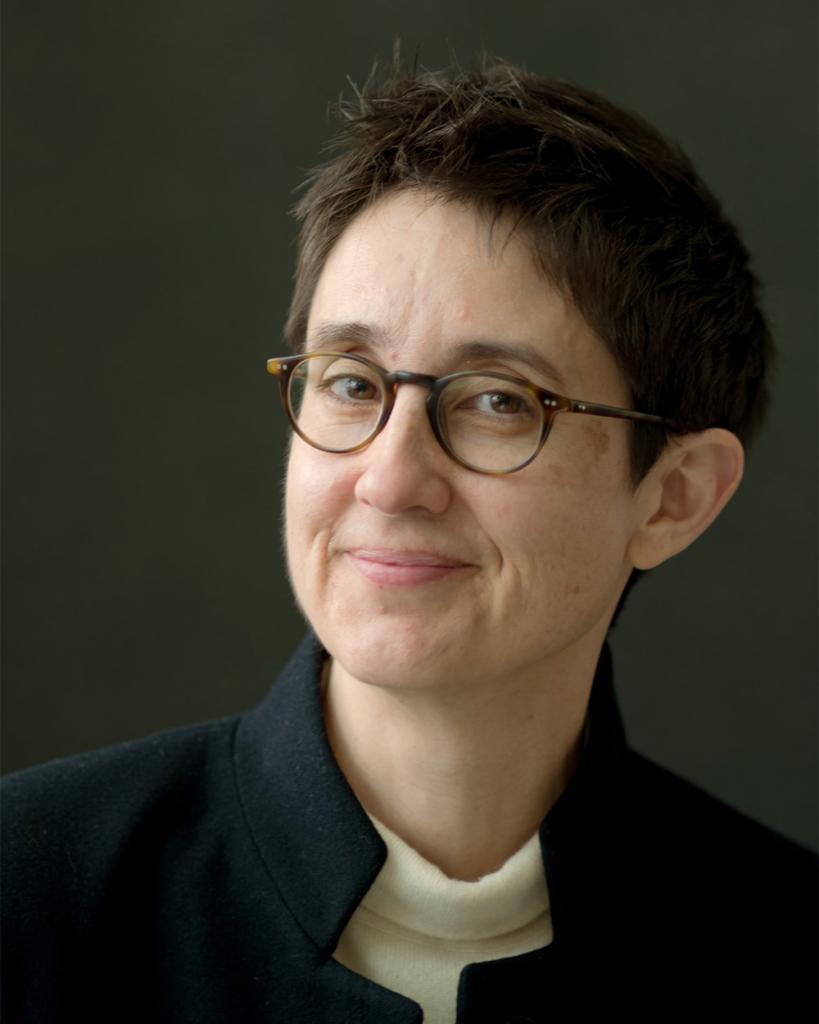
Catherine S. Woolley, Ph.D.
Northwestern University
Project Title: New Tools to Study Neurosteroid Estrogens
Grant ID: R01-MH113189
Funded by the National Institute of Mental Health
Catherine S. Woolley, PhD is the William Deering Chair in Biological Sciences and a Professor in the Department of Neurobiology at Northwestern University in Evanston, IL. She received her PhD in Neuroscience from Rockefeller University in 1993, completed postdoctoral training in the Department of Neurological Surgery at the University of Washington, and joined the Northwestern faculty as an Assistant professor in 1998. Research in her laboratory is broadly aimed at understanding estrogen modulation of synaptic structure and function in the adult brain, from molecular mechanisms to behavioral consequences. Current work is focused on estrogens synthesized directly within the brain and understanding how brain-derived estrogens influence neural circuit function in both sexes.
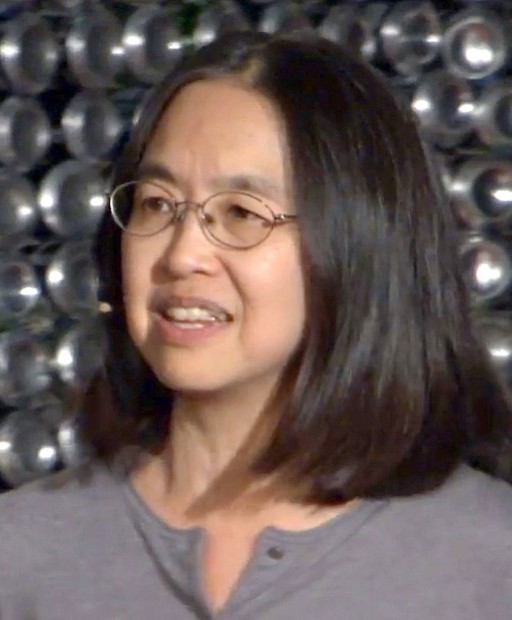
Ting (C.-ting) Wu, Ph.D.
Harvard Medical School
Project Title: Culling the Human Genome of Disease Variants Using Ultraconserved Elements
Grant ID: R01-HD091797
Ting (C.-ting) Wu is a Professor of Genetics and Director of the Consortium for Space Genetics at Harvard Medical School. She received her B.A. from Harvard University and her Ph.D. from Harvard Medical School and is a recipient of an NIH Director's Pioneer Award. Her laboratory studies genome organization, chromosome behavior, and inheritance and, along these lines, they investigate the phenomenon of somatic homolog pairing, explore the potential of sequence ultraconservation to maintain genome integrity, and develop and apply technologies to image all aspects of the genome. She is also Director of the Personal Genetics Education (pgEd.org) Project, which works to raise public awareness and promote dialog about personal genetics, aiming for equal engagement across all communities, regardless of socioeconomic, ethnic, educational, and religious background.
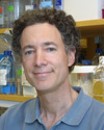
Bruce A. Yankner, M.D., Ph.D.
Harvard Medical School
Project Title: Exploring a Novel Paradigm of Schizophrenia and Bipolar Disorder
Grant ID: R01-MH113279
MPI: George M. Church, Ph.D.
Bruce A. Yankner, M.D., Ph.D. is Professor of Genetics and Neurology at Harvard Medical School, Director of the Harvard Neurodegeneration Training Program, and Co-Director of the Paul F. Glenn Center for the Biology of Aging. Dr. Yankner graduated from Princeton University, received his M.D. and Ph.D. from Stanford University, and did a residency at Massachusetts General Hospital. His work has contributed to understanding pathogenic mechanisms in Alzheimer’s disease, Down’s syndrome and Parkinson’s disease, with the initial observation that amyloid beta protein is a toxic molecule, and with investigations into the roles of presenilins, notch and Wnt in neuronal signaling and pathology. Work from his laboratory has also defined the transcriptome of the aging human brain, its evolution, and a role for DNA damage in brain aging. More recently, his laboratory has identified gene networks controlled by the REST transcription factor that promote survival and stress resistance in aging neurons, and may protect against Alzheimer’s disease. He has received the Major Award for Medical Research from the Metropolitan Life Foundation, the Derek Denny-Brown Neurological Scholar Award from the American Neurological Association, the Irving S. Cooper Award from the Mayo Clinic, the Zenith Award from the Alzheimer’s Association, the Ellison Medical Foundation Senior Scholar Award, the Nathan W. Shock award from the NIA and the NIH Director’s Pioneer Award.
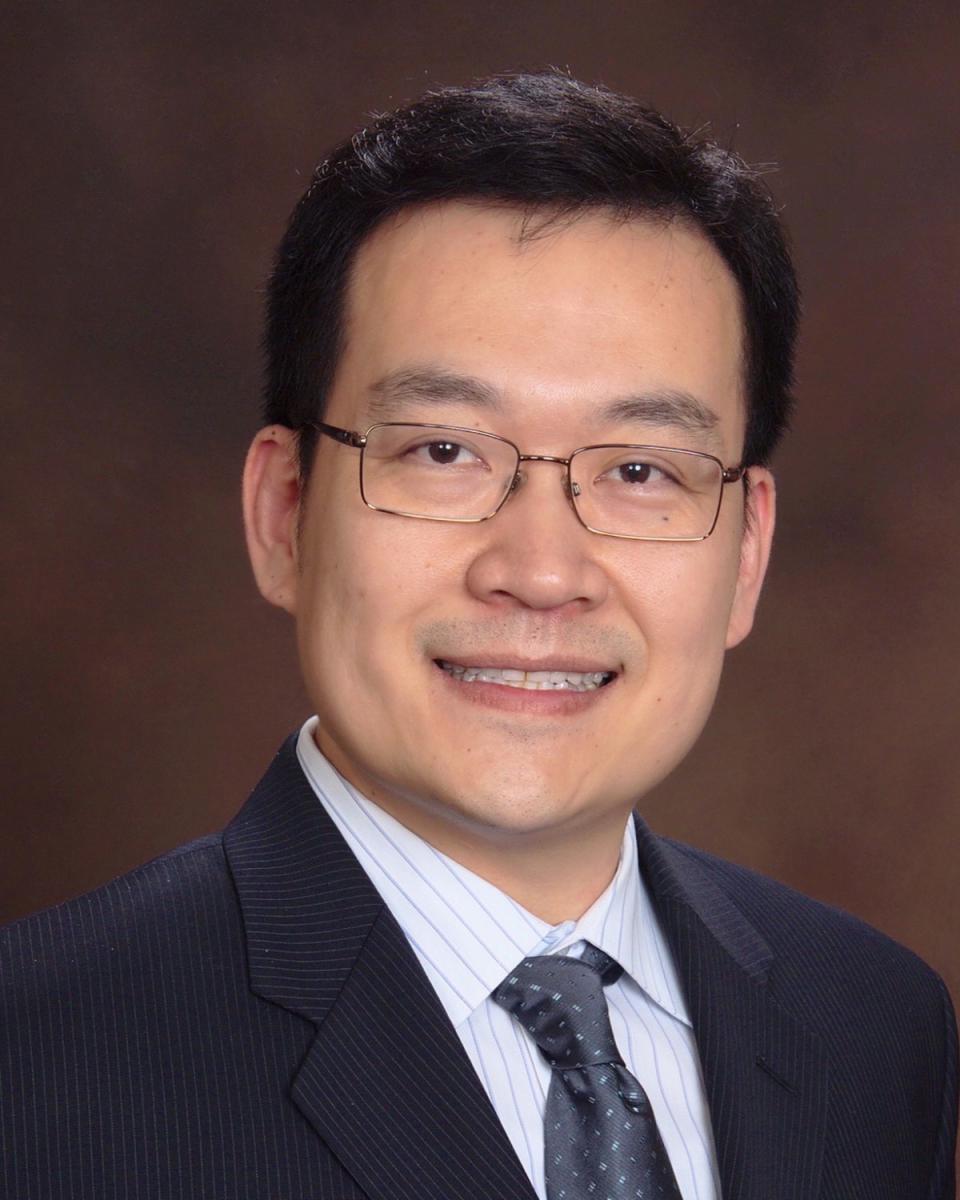
John X.J. Zhang, Ph.D.
Dartmouth College
Project Title: Implantable Cardiac Power Generation Using Flexible 3D Porous Thin Films
Grant ID: R01-HL137157
Dr. John X.J. Zhang is a Professor at Thayer School of Engineering at Dartmouth. He received his Ph.D. in Electrical Engineering from Stanford University, and was a postdoctoral research scientist in Systems Biology at the Massachusetts Institute of Technology. He is a recipient of the Wallace Coulter Foundation Early Career Award, NSF CAREER and DARPA Young Faculty Award, and is a Fellow in the American Institute for Medical & Biological Engineering. Zhang’s research focuses on exploring bio-inspired nanomaterials, scale-dependent biophysics, and nanofabrication technology, towards developing new diagnostic devices, implantable biosensors and actuators, and methods on probing complex cellular processes and biological networks critical to development and diseases. He has published over 120 peer reviewed papers, received 7 US and over 30 international patents. His research findings were licensed to two companies, and he has published a textbook titled “Molecular Sensors and Nanodevices: Principles, Designs and Applications in Biomedical Engineering.”
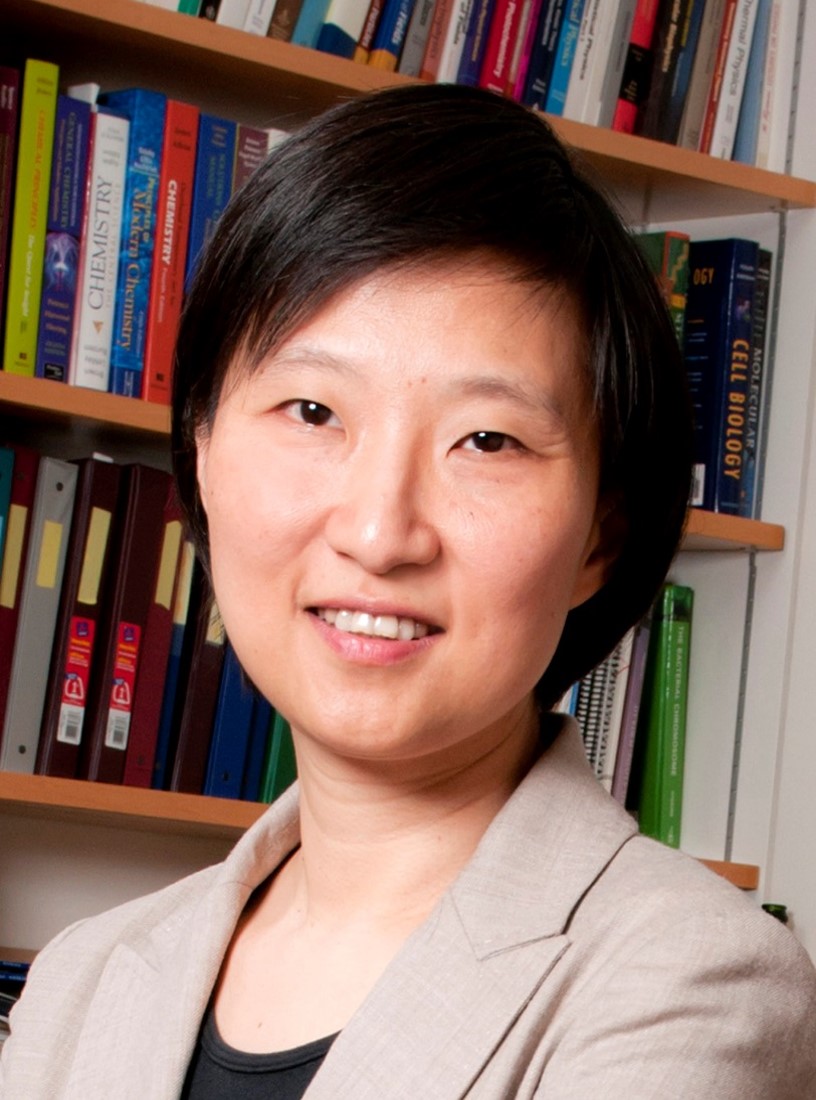
Xiaowei Zhuang, Ph.D.
Harvard University and Howard Hughes Medical Institute
Project Title: In Situ Transcriptome Imaging in Single Cells
Grant ID: R01-MH113094
MPI: Catherine Dulac, Ph.D.
Xiaowei Zhuang is the David B. Arnold Professor of Science at Harvard University and an investigator of Howard Hughes Medical Institute. Her research is focused on the development and application of advanced imaging methods, in particular single-molecule and super-resolution imaging, as well as transcriptome imaging methods, for the studies of biological systems. She received her B.S. in Physics from the University of Science and Technology of China, Ph.D. in physics in Dr. Y. R. Shen’s lab at the University of California at Berkeley, and postdoctoral training in Dr. Steven Chu’s lab at Stanford University. She is a member of the National Academy of Sciences and the American Academy of Arts and Sciences, a foreign member of the Chinese Academy of Sciences and the European Molecular Biology Organization EMBO, and an honorary fellow of the Royal Microscopical Society.


